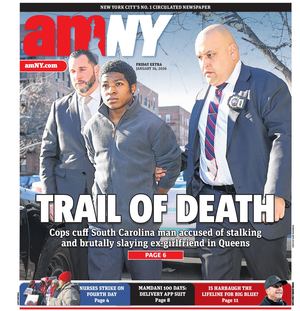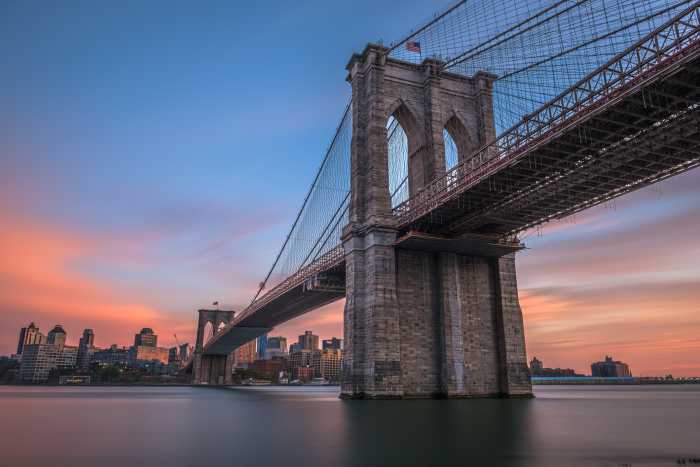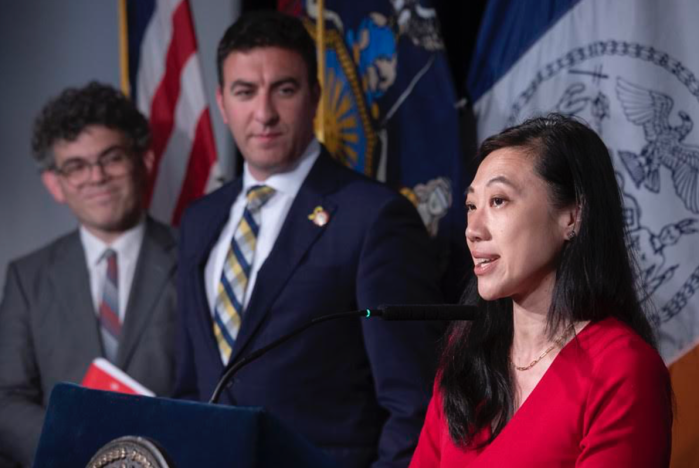It’s silly to criticize “The Magnificent Seven” for having a stock plot, when it’s a remake of a decades-old remake and the vast majority of its audience members will know exactly what they’re getting into.
And yet, things couldn’t possibly seem more wheezy and tired than they do when played out in a narrative framework that had already run its course by the time Yul Brynner and Steve McQueen took it on in 1960.
Even director Antoine Fuqua’s revisionist instincts, most vividly illustrated by the diversity in the eponymous Seven (the group this time includes a Mexican, a Native American and a Chinese man played by South Korean actor Byung-hun Lee), can’t disguise the fact that this is yet another Western about undermanned heroes protecting a small town from villainous capitalist interests.
Even as it shakes up the characters and other details, the only real drama comes from the intense final shootout, which delivers as well as any recent action sequence.
Everything else practically serves as a screenwriting and filmmaking template, from the scenes of ringleader Sam Chisolm (Denzel Washington) getting the band together, to Chris Pratt giving the same exact performance as Chisolm’s right-hand man Josh Farraday, that he gave in both “Guardians of the Galaxy” and “Jurassic World.”
It gets to the point where you’re desperate for those few elements that do stand out: the glorious scene-chewing of Vincent D’Onofrio as one of the Seven, and Peter Sarsgaard as villainous Bartholomew Bogue, a land baron; the notes of one of James Horner’s final scores and the glorious return of Elmer Bernstein’s original theme.
Fuqua (“Training Day”) is a gifted big-budget filmmaker who understands the importance of balancing spectacle and character details. This is just the wrong material for his talents. He’s far preferable to contemporaries like Michael Bay, whose basic instinct is to make everything bigger and crazier, but the gears churn so desperately from the beginning to the end of “The Magnificent Seven,” that there’s no redeeming it.





































